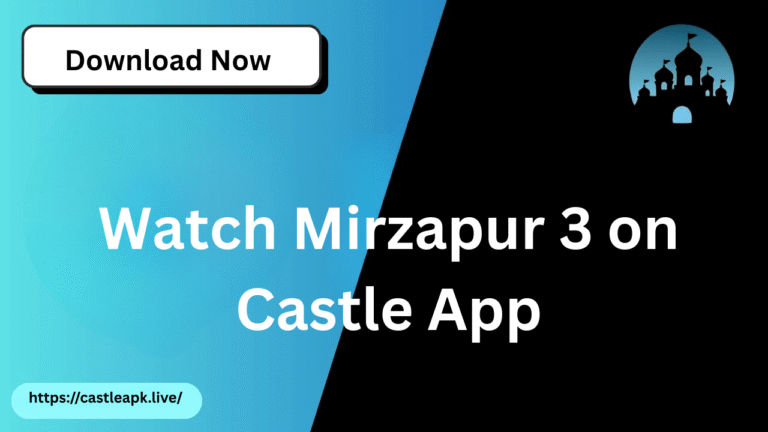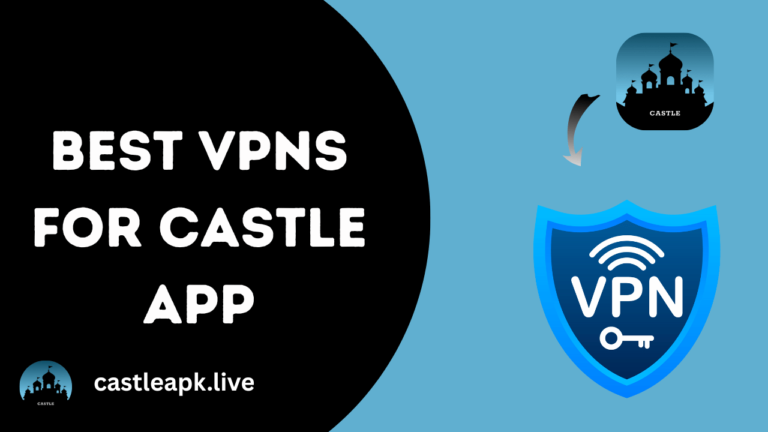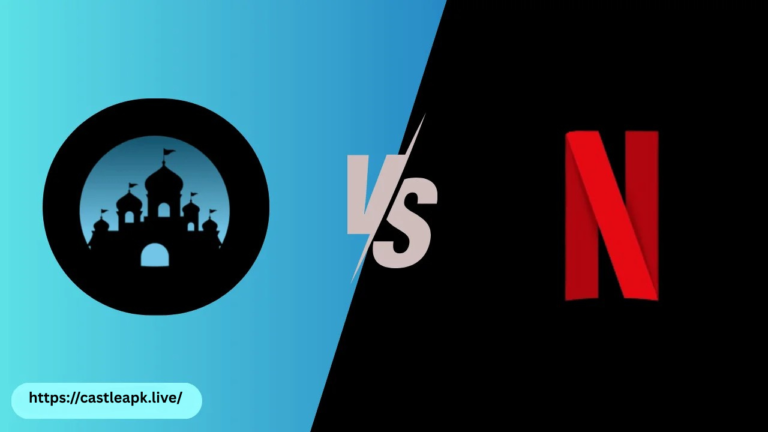Who Owns Castle App: Everything You Need to Know
In today’s rapidly evolving digital landscape, privacy-focused apps are gaining momentum, and Castle App is one of the leading names making waves. Whether you’re a curious tech enthusiast, an investor, or simply a user concerned about your data privacy, one question seems to come up repeatedly: Who owns Castle App? In this comprehensive guide, we’ll delve deep into the ownership, background, features, and future potential of Castle App.

A Brief Introduction to Castle App
Before we explore who owns Castle App, it’s essential to understand what this app is all about. Castle App is a privacy-first application that helps users secure their online activity, enhance their digital identity safety, and maintain control over personal data. From encrypted communication features to real-time threat detection, the app is praised for its user-centric approach to digital security.
Initially launched as a tool for businesses to monitor logins and detect suspicious activities, Castle App has evolved into a broader security platform. It caters to individuals and enterprises alike, ensuring that every login, transaction, or data access event is handled securely and transparently.
The Story Behind Castle App
To better understand who owns Castle App, let’s go back to its roots. Castle was founded in 2014 by Swedish entrepreneurs who aimed to tackle one of the biggest challenges of the digital age: online identity security. The idea was born from a simple question—why can’t modern applications identify users in a more dynamic, behavior-based way?
The answer was Castle App: a cybersecurity platform designed to analyze user behavior, detect anomalies, and prevent breaches in real-time.
The early backing came from reputable venture capital firms, which helped fuel development and expansion in the U.S. market. Castle was incubated in Silicon Valley and quickly rose to fame thanks to its innovation in user monitoring and threat intelligence.
Who Owns Castle App?
Now to the core of this article—who owns Castle App? The ownership of Castle App lies with a combination of private investors, venture capitalists, and the original founding team. The company is privately held, which means it does not trade publicly on the stock market.
As of the latest reports, Castle App is primarily owned by:
- Founders: Ludvig Strigeus and Johan Haeger were early contributors to the app’s vision and hold significant equity.
- VC Firms: Notable investors include Index Ventures, Y Combinator, and First Round Capital, who have supported the project through multiple funding rounds.
- Employees and Executives: The company has also granted equity to core team members, engineers, and advisors as part of stock option plans.
Although no single person or organization holds 100% ownership, the control remains largely with the founders and their leadership team.
Understanding who owns Castle App is crucial, especially when you consider how much trust users place in the platform to manage their personal data and online identity.
Leadership and Management Team
The Castle App leadership team includes professionals with extensive backgrounds in cybersecurity, machine learning, and data science. The CEO, currently Johan Haeger, has steered the company through significant phases of growth and transformation.
The management team consists of individuals who previously worked at major tech firms like Google, Dropbox, and Facebook. Their combined expertise plays a vital role in maintaining the platform’s technological edge and trustworthiness.
Knowing who owns Castle App also means knowing who manages it, and in Castle’s case, the leadership is deeply invested in ethical technology and transparency.
Castle App’s Business Model
Ownership alone doesn’t define a company’s integrity; its business model says a lot too. Castle App follows a SaaS (Software as a Service) model, charging organizations a subscription fee based on usage and features required. There is also a freemium model for startups and developers.
What makes Castle App unique is its refusal to monetize user data, a rare stance in the tech world. Ownership by privacy-focused individuals and firms means the app aligns with ethical data practices.
This model is one of the strongest endorsements for those wondering who owns Castle App and whether the owners prioritize user trust.
Castle App Features: Why It’s Gaining Attention
The rise in popularity of Castle App has a lot to do with its powerful features. These include:
All of these features reflect the core mission of its creators and stakeholders. Understanding who owns Castle App is tied to understanding these functionalities, as the creators’ values are embedded in every feature.
Transparency in Ownership: Why It Matters
With growing concerns about surveillance, data leaks, and tech monopolies, knowing who owns Castle App becomes a question of personal safety for users. Apps that are funded or owned by shady entities or foreign governments may not have your best interest at heart.
Castle App’s transparent ownership model is a breath of fresh air. The company publishes regular updates, engages with the cybersecurity community, and welcomes public audits. This openness builds user confidence and strengthens its market position.
What the Future Holds for Castle App
As cyber threats evolve, Castle App is expanding its toolset and exploring integrations with more platforms. With plans to leverage AI (Artificial Intelligence) and machine learning even further, Castle is poised to become a leader in predictive security technology.
Ownership will likely remain in private hands for the foreseeable future. While there have been rumors about acquisition by bigger tech firms, the current leadership has shown a strong preference for independence.
That’s why it’s important to keep an eye on who owns Castle App, as any major changes in ownership could influence its privacy policies and strategic direction.
Comparing Castle App to Competitors
Castle App competes with the likes of Okta, Auth0, and Duo Security. However, its laser focus on user-centric threat detection and real-time analysis sets it apart.
Its ownership model also distinguishes it. Many competitors are owned by larger conglomerates that may have different priorities. In contrast, who owns Castle App remains a question with a reassuring answer—dedicated individuals and ethical investors working to improve digital security.
User Trust and Market Reputation
Castle App has earned a strong reputation for trustworthiness, largely thanks to the people behind it. The founders and stakeholders are vocal advocates for online privacy and open-source principles.
They also maintain active GitHub repositories, where developers can contribute to improving the app. This level of transparency is rare in the cybersecurity world and provides more clarity into who owns Castle App and how the app is run.
The Role of Investors in Ownership
Venture capital firms have played a key role in Castle’s journey. However, not all VC-backed companies maintain their vision over time. In Castle App’s case, the founding team has kept strategic control, even with investor involvement.
It’s reassuring to know that who owns Castle App includes groups aligned with ethical business practices and data protection.
Final Thoughts
So, who owns Castle App? The answer involves a group of privacy-focused founders, ethical investors, and a professional team committed to transparency and user trust. In an era where your digital identity is constantly under threat, Castle App offers a secure and responsible alternative to mainstream solutions.
Ownership matters—not just on paper, but in practice. And Castle App’s consistent growth and commitment to its core values show that the people behind it are serious about protecting users.





